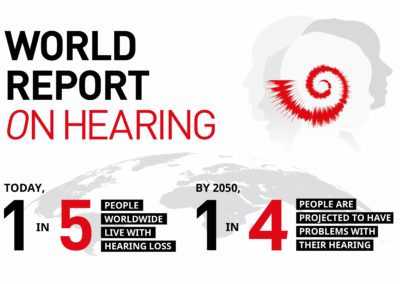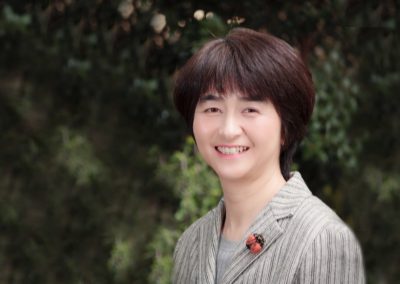
Sensory Loss
Sensory Loss
Our sensory systems pull in information from the outside world so that our brains can understand it and react to it appropriately. They involve a series of relay systems, taking information from one place and passing it up the chain until it reaches its destination in the higher brain centres. Like the rest of your brain, your sensory systems age with you. Unlike the cells in the rest of your body, which die and are replaced repeatedly throughout your life, the cells and circuits in your brain and sensory systems are intended to last your lifetime. As we start to reach our later years these cells have undergone a lot of wear and tear, and become more vulnerable. A breakdown anywhere along that relay system will impact how well a person can use that sense. This can lead to a loss of taste, smell, hearing, balance, or vision and in some cases this can cause over stimulation of other parts of the chain. Sensory loss is also a risk factor for dementia.
BRNZ researchers are examining the ‘how’s and ‘why’s of sensory loss in ageing, as well links to neurological disorders such as tinnitus and Alzheimer’s disease.
Tinnitus is a neurological disorder predominantly affects ageing people – in fact more than 30% of adults aged 55-99 years of age report tinnitus symptoms. Tinnitus is the perception of ringing or buzzing in a person’s ears or head in the absence of obvious external sound. It is a debilitating disorder which can reduce a patient’s quality of life through sleep disturbances, cognitive problems, work impairment and in severe cases can even result in depression and suicide. The prevalence of tinnitus increases with age, with 14% of New Zealanders aged over 65 years affected by chronic tinnitus.

